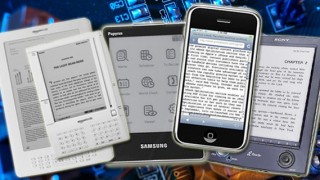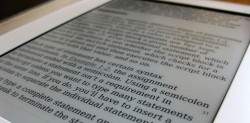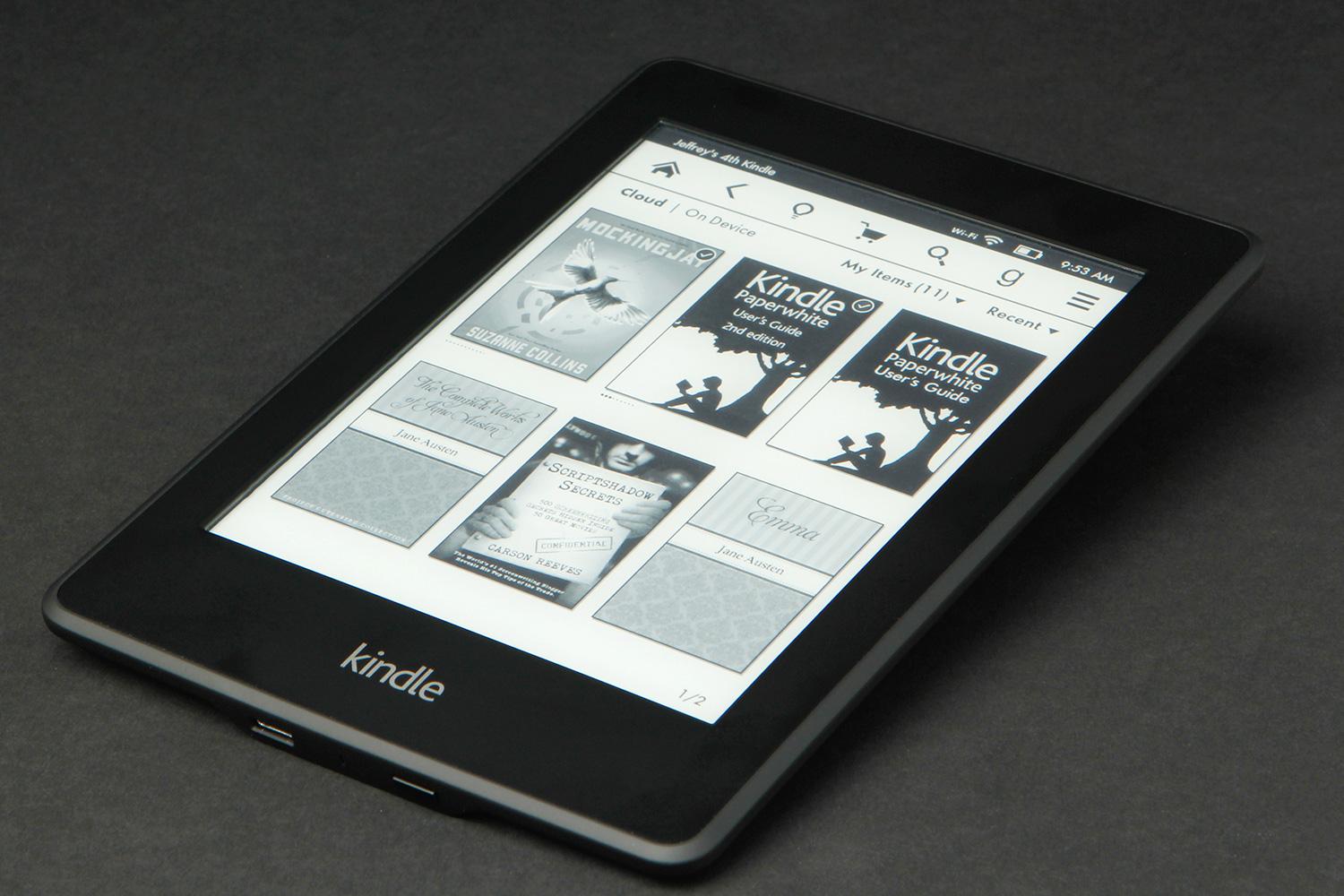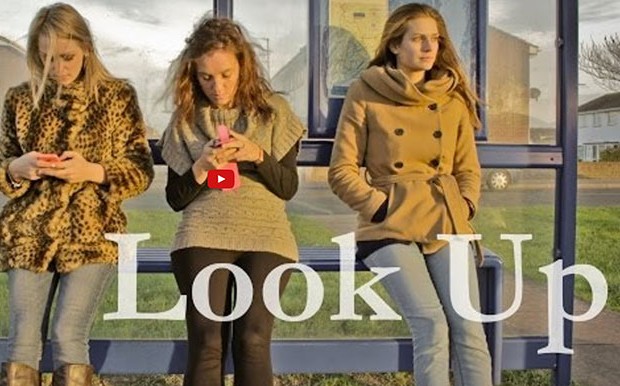
Yet another study has come out showing that the Kindle and other e-readers are bad for reading comprehension, especially compared to reading on paper. The new study adds to a large and growing body of data that proves reading from electronic screens is inferior to reading from real books. The study was performed in Norway and involved 50 people. Those who read from e-readers scored much worse on being able to recall events in the story and the timing of those events.
This and many other studies prior to it prove that paper is far superior to screens when it comes to reading and learning. Researchers say they think that the bad reading comprehension that e-readers cause is due to the person missing the tactile connection to paper and pages. When a reader is able to touch and feel the pages, and physically experience the decrease of the pages on one side of the book as well as the increase in pages on the other, it may help the brain understand where the person is in the story and thus absorb the plot, characters, tone and symbolism better. Without this tactile help, scientists say, the Kindle and other e-readers fall short of creating the same kind of deep reading and learning that people can experience with paper books.
Unfortunately, some schools in the United States have already begun switching from real textbooks to electronic screens, a move that has been correlated with an increase in ADD, lowered attention spans, and poorer learning outcomes. One of the challenges educators face is that there is widespread misunderstanding about so-called “digital natives.” Some people think that the generation with this moniker have already evolved brains that can handle multi-tasking and reading from screens. However, this is not so, and there is a mountain of evidence to prove it. There is no such thing as multi-tasking, and Kindles and e-readers are bad for reading comprehension.
For the Norwegian study, scientists focused on 50 people. Half read from real books and half from electronic readers. Those who read from the electronic readers failed to remember in which order events occurred in the text. While there were other areas where the results were not statistically different in this particular study, not being able to recall events in a given piece of writing is a significant problem, and previous studies have shown reduced comprehension in many areas of reading when comparing Kindles and e-readers to paper books.
Not only do people comprehend less when they read from screens, they also remember less in the long term. They are unable to recall what they learned as well than they would when reading a paper book. In addition to the Kindle and other e-readers being bad for reading comprehension, experts are concerned that too much screen time can cause permanent brain damage in infants. Another study out of China showed that too much time spent on the internet literally causes the brain to shrink in teens.
The current formal recommendations for children under the age of two is that they have no screen time at all, and children over the age of two should have no more than two hours per day of total combined screen time. That means total time for television, computers, laptops, e-readers, tablets, phones and any other electronic screens kids use should not exceed two hours. As people continue to ignore warnings about screens being bad for learning, the U.S. will continue to see major declines in educational ranking when compared to other nations.
















